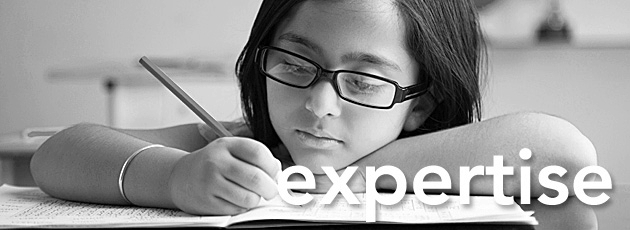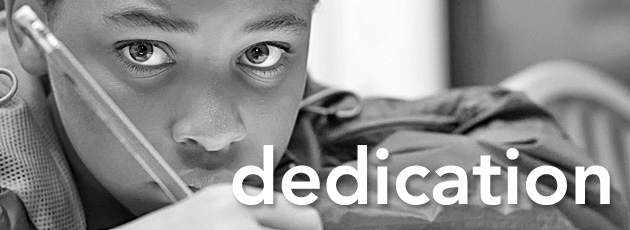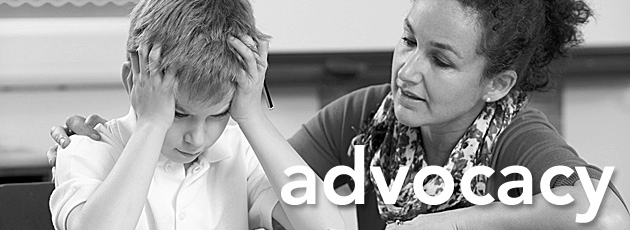June 24, 2021
U.S SUPREME COURT HAD DECIDED THAT A STUDENT’S OFF-CAMPUS SPEECH, EVEN IF VULGAR OR OFFENSIVE TO SOME, IS PROTECTED BY THE FIRST AMENDMENT.
Commentary by Attorney Lawrence Berliner
On June 23rd, 2021 the U.S. Supreme Court, in an 8 to 1 decision in Mahanoy Area School District v. B.L., found that a high school student’s off campus private Snapchat post sent to her friends, that was sent outside of the school day, that was critical of the high schools cheerleading squad, was protected speech guaranteed by the First Amendment, even if vulgar. In response the to the Snapchat post, the school district had disciplined B.L. The Student challenged the school district’s discipline asserting that it was protected speech. The Supreme Court agreed.
The Supreme Court found that the student’s speech, even if vulgar and offensive to some, did not constitute a disruption to the educational environment at the high school or invade the rights of others, that might have otherwise allowed the school district to discipline B.L. In the absence of a violation of the Supreme Court’s test first articulated in a 1969 decision entitled Tinker v. Des Moines Independent Community School District, the Supreme Court found that B.L. did not shed her First Amendment rights at the school house door based upon the Snapchat post. Instead, if B.L.’s speech had been disruptive of the school environment, was obscene, it constituted harassment or bullying, contained direct threats or fighting words, or was speech conveyed on the school district’s computer system, then and only then would the school district have been in a position to regulate that speech. Since B.L.’s private Snapchat post did not contain any such direct threats, obscenity, bullying or harassment; but only criticism of the high school cheerleading squad, and not any one individual on the cheerleading squad; the school district could not discipline B.L. for private speech, sent on a private smartphone device, that was sent off-campus, and was not sent during the school day. In this case, the reach of the school district authority ended at the end of the school day, once B.L. left the school house door.
The Supreme Court noted that public schools are a “marketplace of ideas,” and found that the First Amendment protects that “marketplace,” even it is associated with a public high school. This victory for Free Speech will allow students to engage in robust debates on matters of concern, which is a long-standing tradition and a central part of our democracy.



